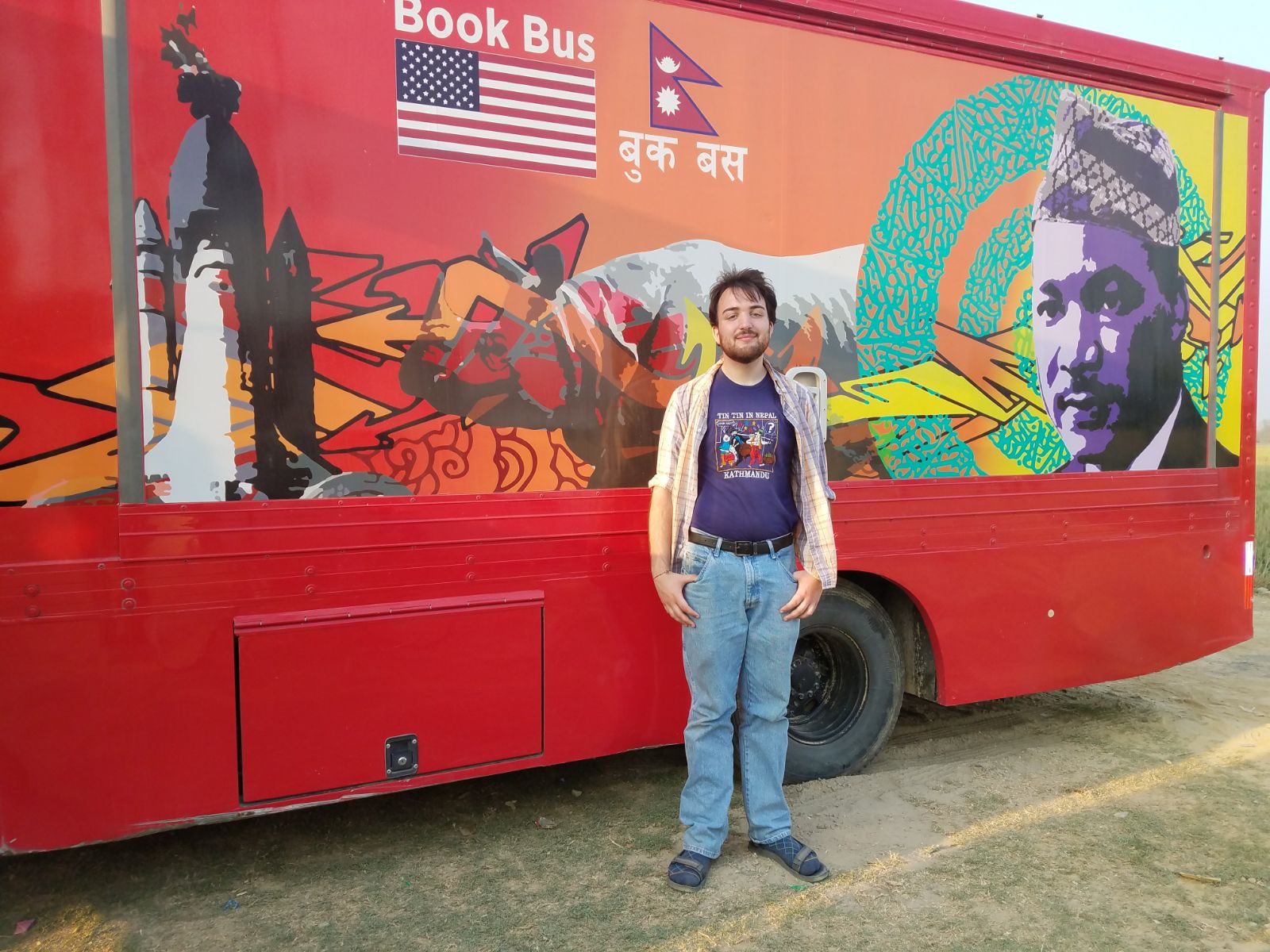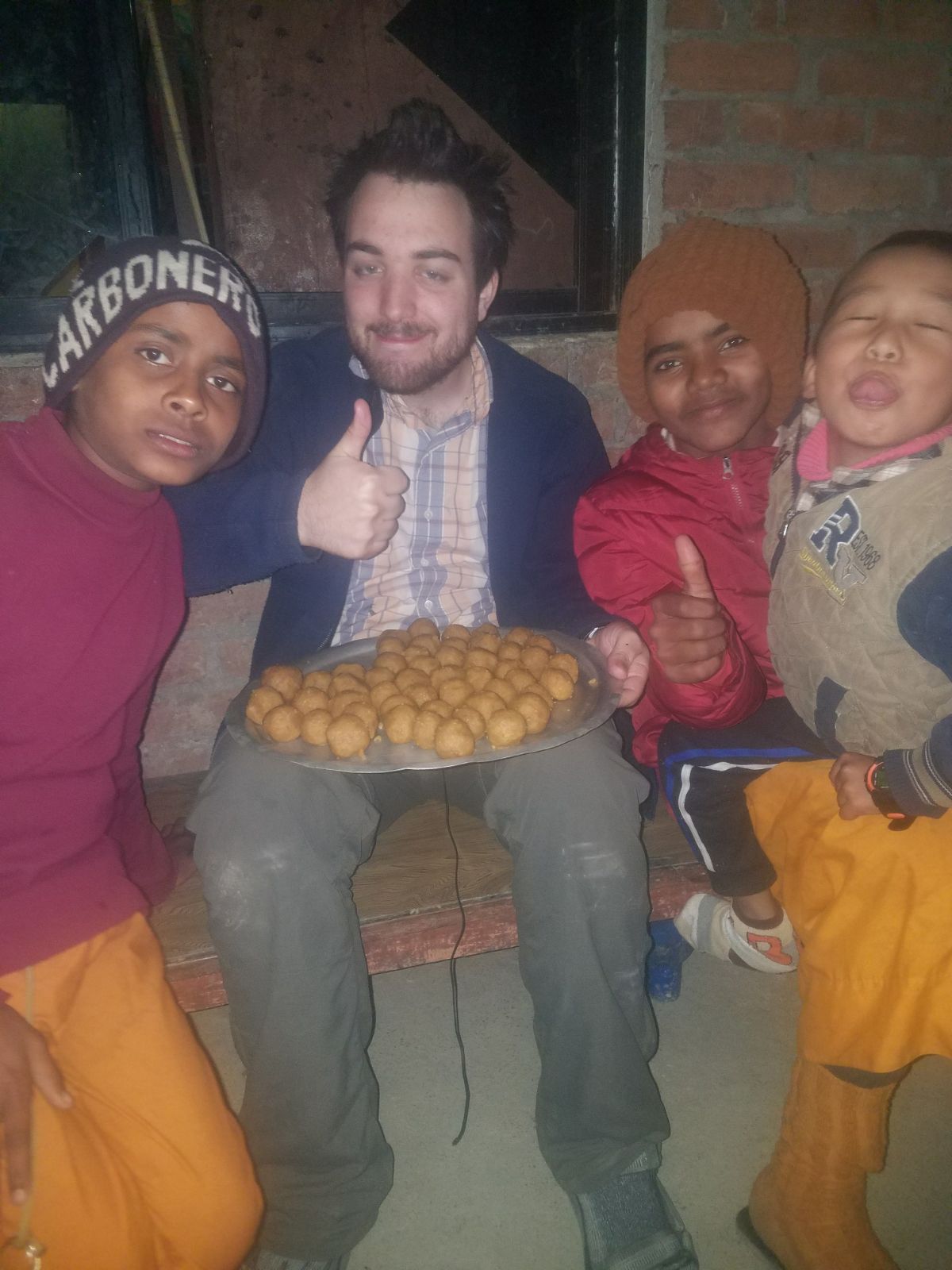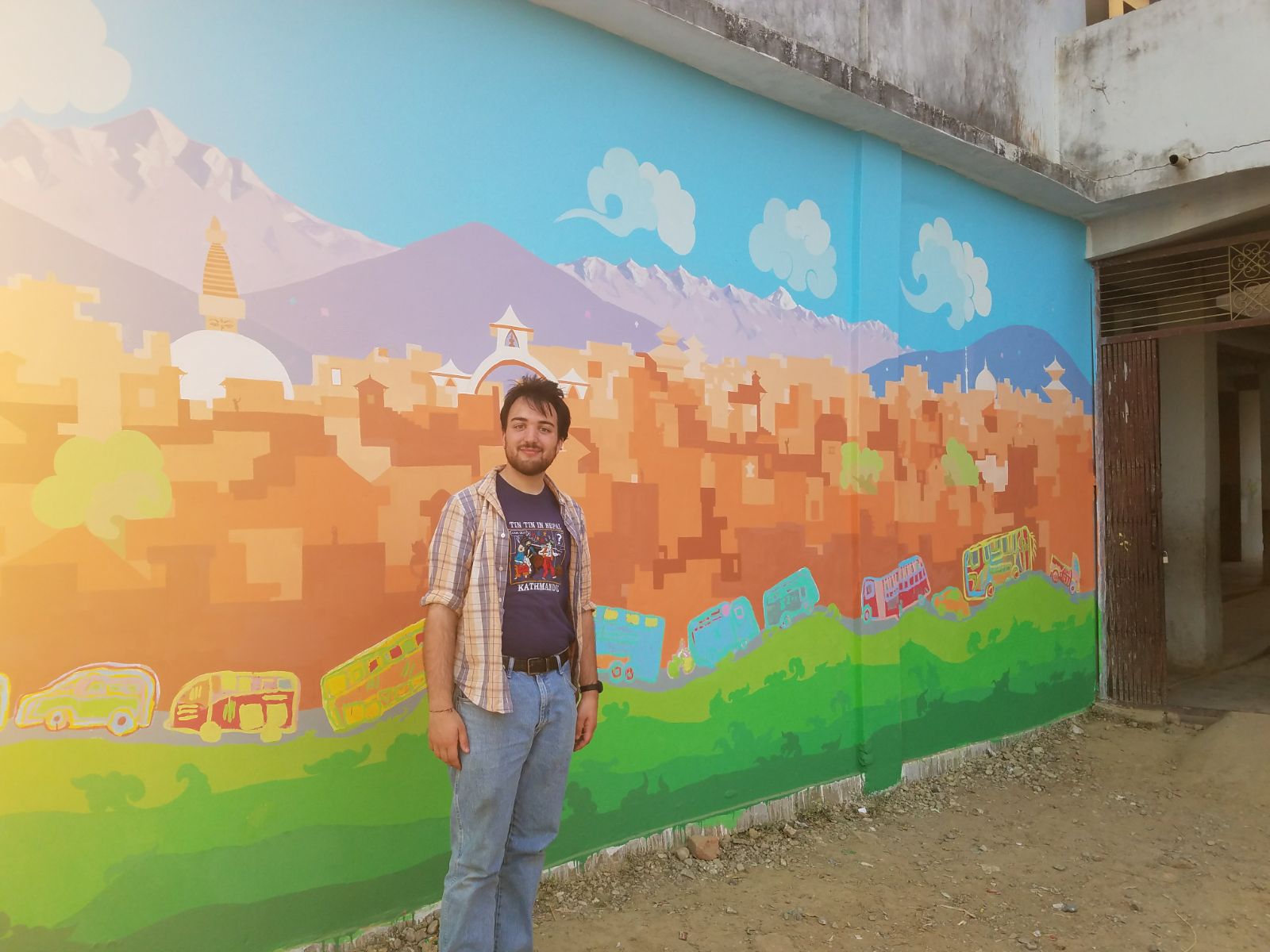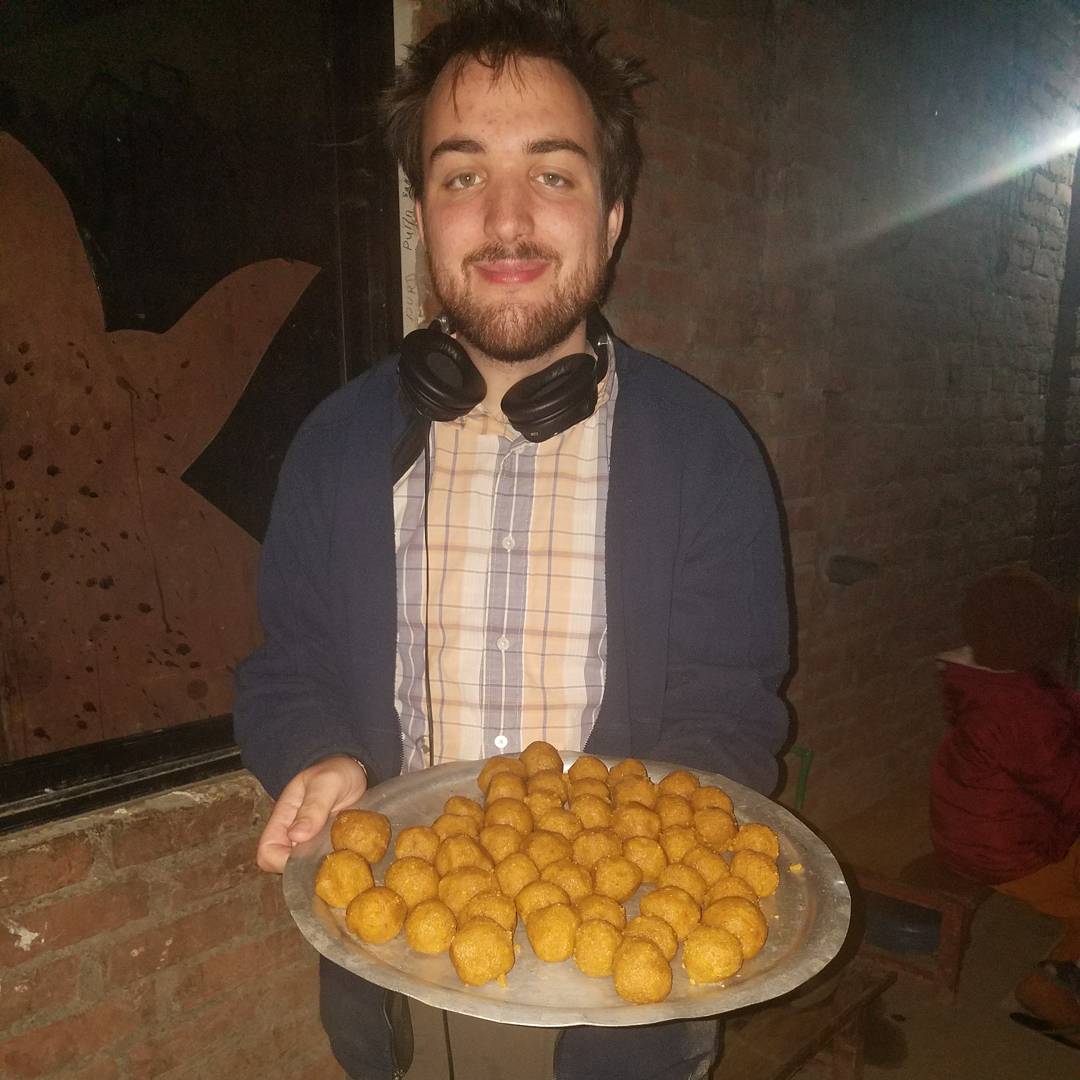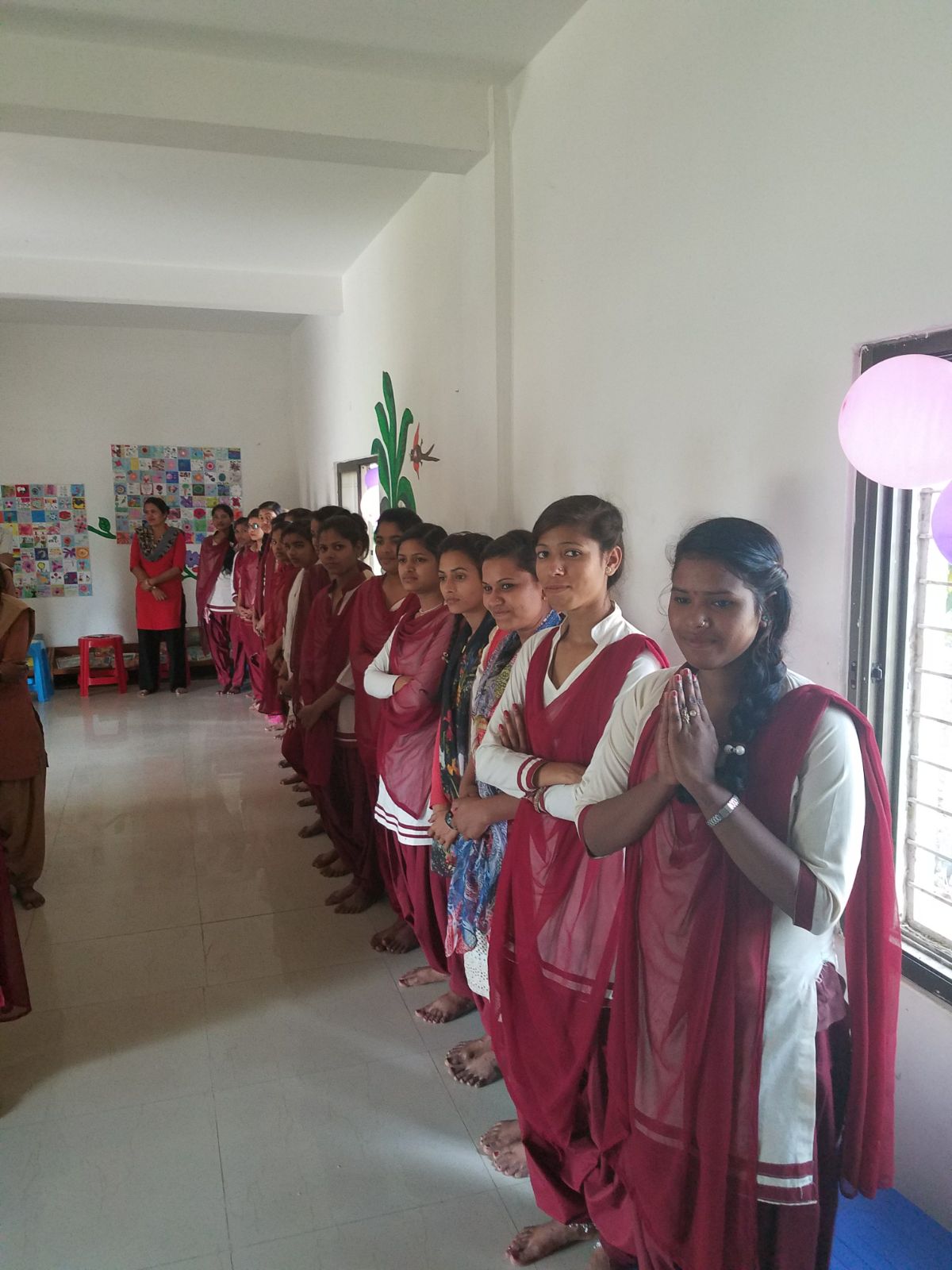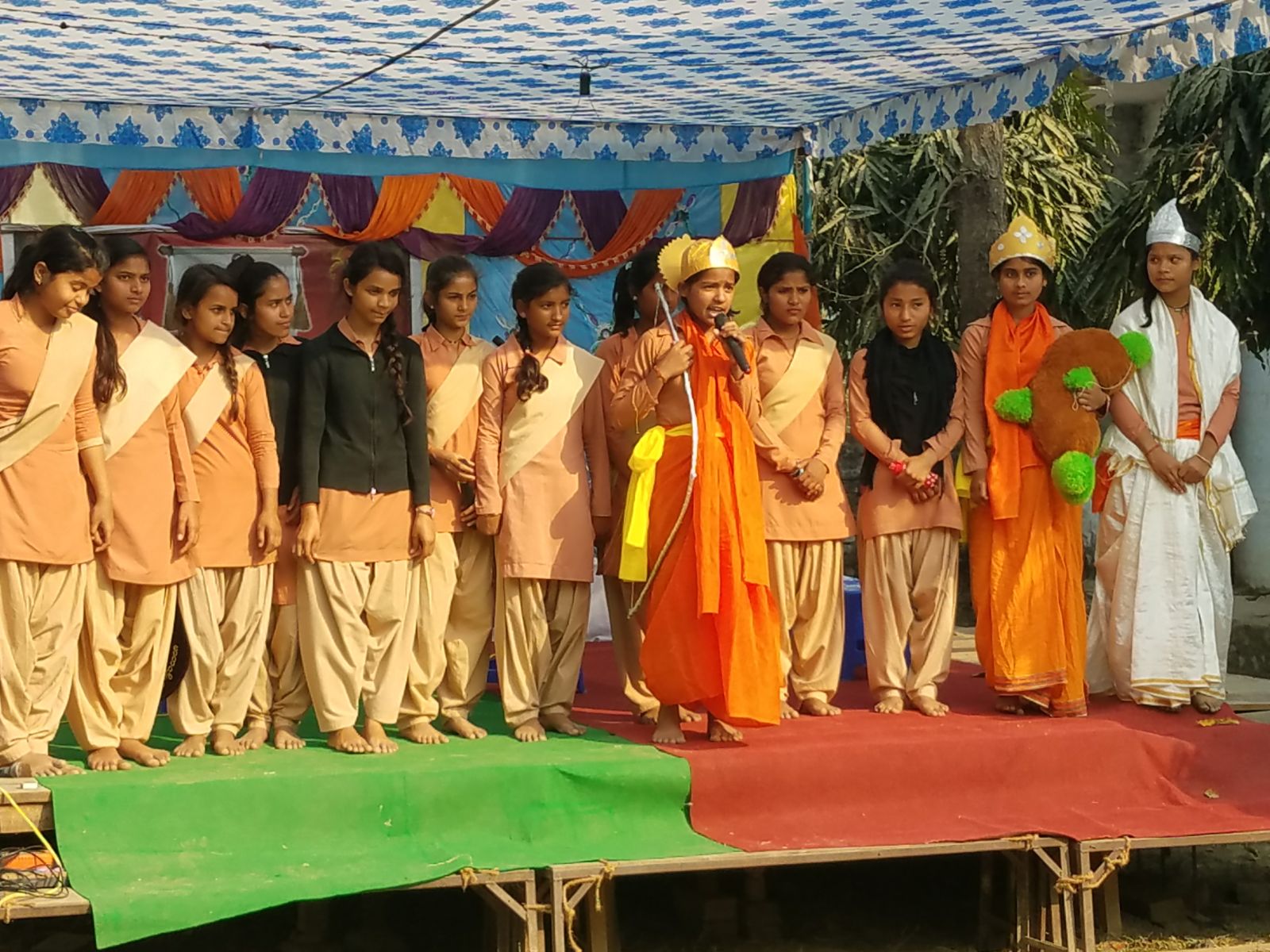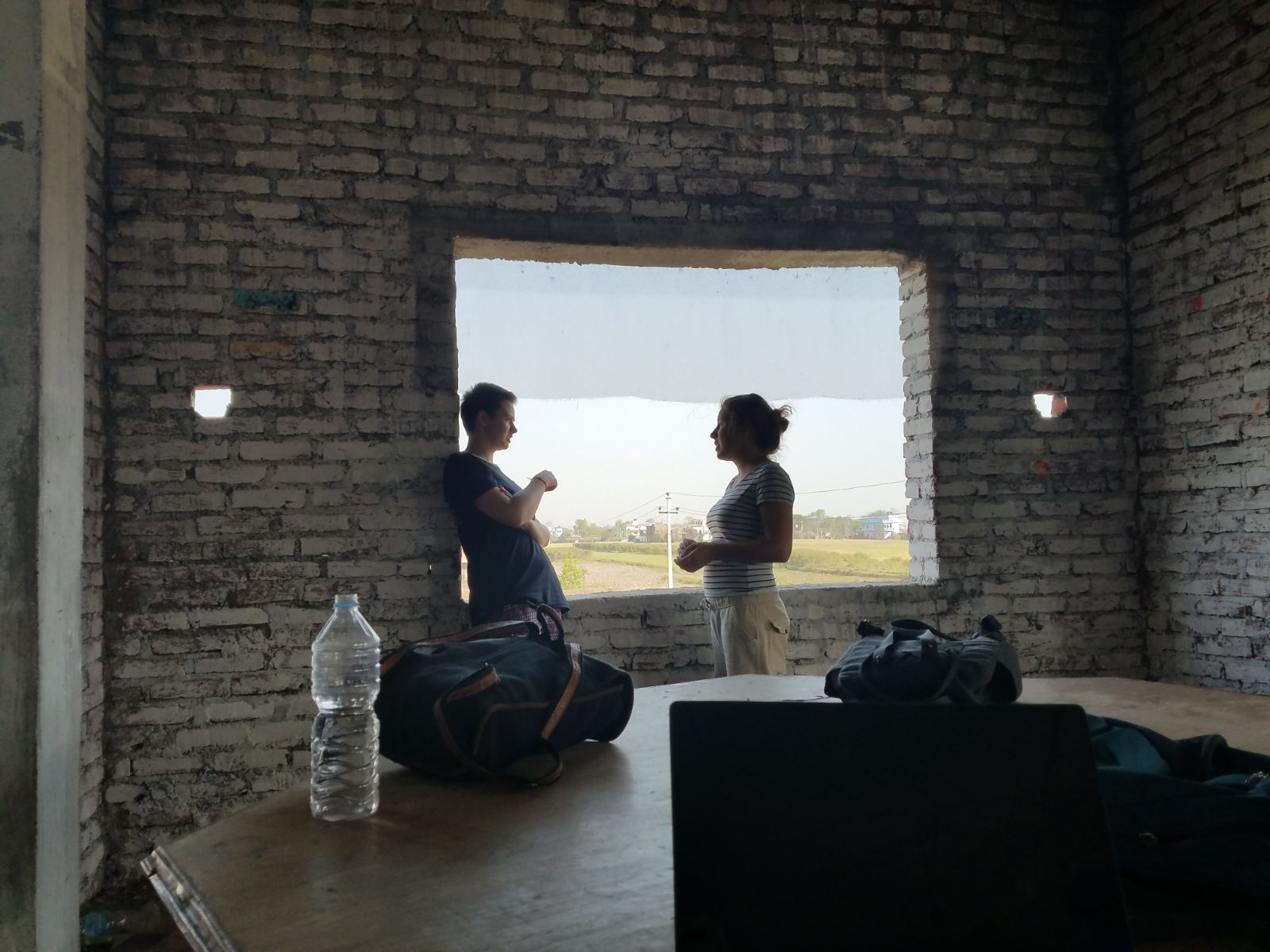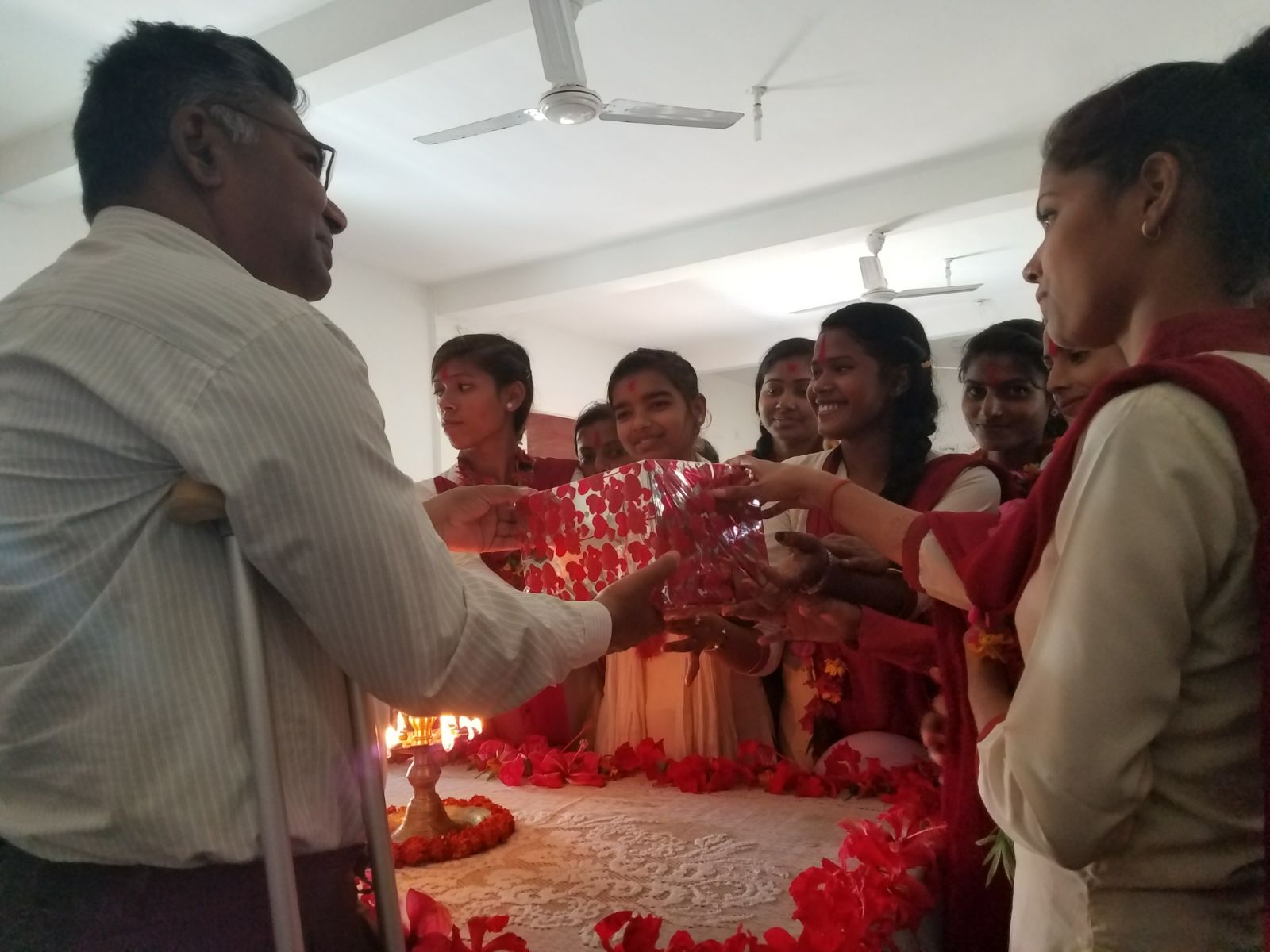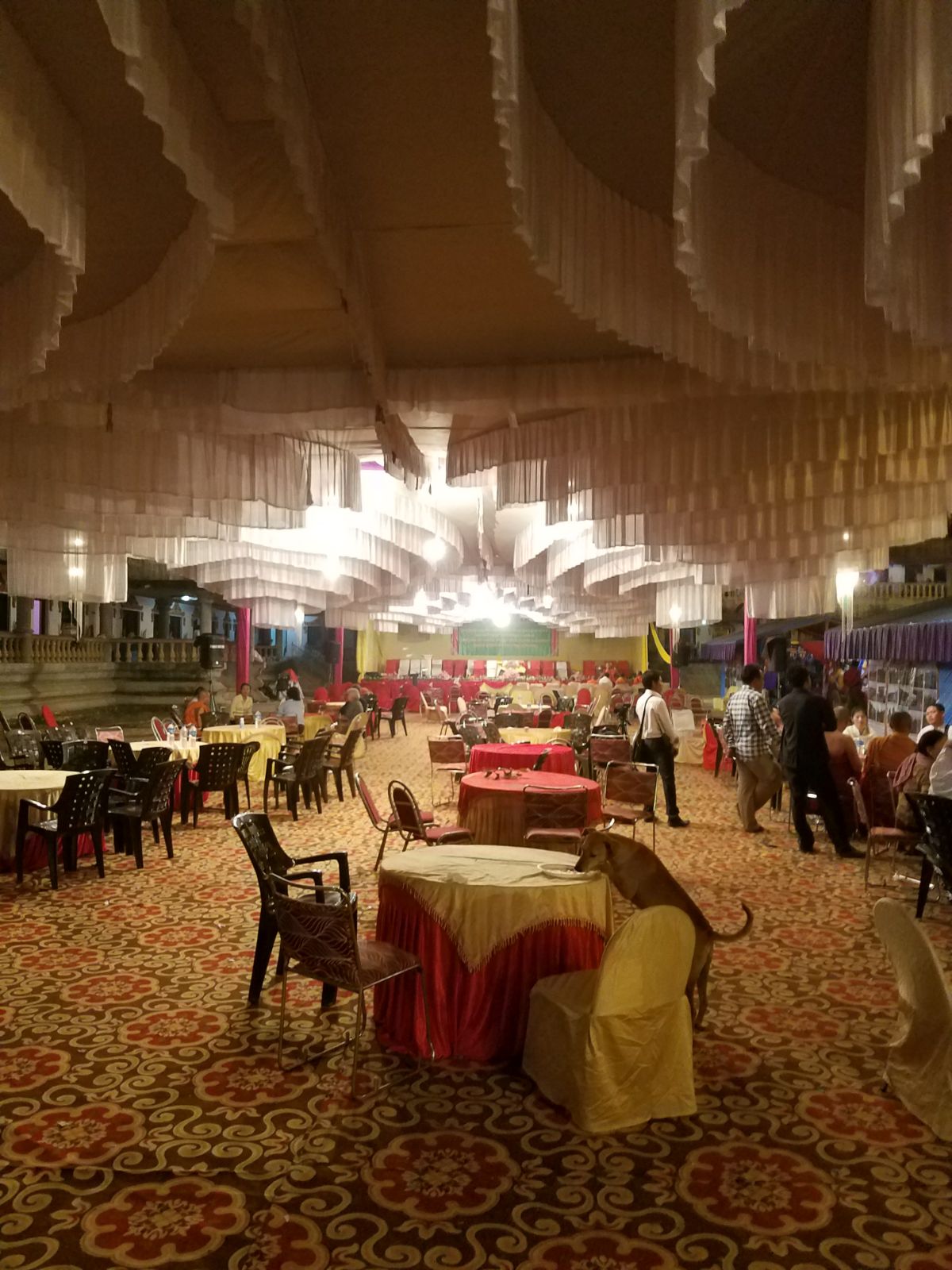Making patterns, Breaking patterns -- by Zeke Maben
Four months in Nepal:
When you do something long enough there is a point when it feels eternal. The human mind thrives on patterns and rhythm. A different drumbeat for each place, each activity. Follow one long enough and it gets stuck in your head, overrides other things.
By mid-February I had been teaching in Lumbini for 2 months. It was a powerful pattern: journalism club on Mondays, Wednesdays and Fridays; reading and playing on the others. Saturday was the only day off, filled with delicious local sweets (ladoo, soan papadi, kheer) and local friends (Mahesh, Mohan, Vivek.) At night, the fog closed in and Lumbini seemed the world entire.
But a pattern is an infinity until it isn’t. In those days my thoughts were full of only Nepal, the classes to teach, the plans to make, the cities to visit, the meals to eat. But when I passed the halfway point something seemed to slide, and here at four months my thoughts are consumed by what comes next.
I have inherited my mother’s love of dreaming ahead, of browsing places to live, things to buy. There is something so intoxicating about the future that it annihilates the present. Plans are imagined and never begun, but the imagining is enough, it brings that glad feeling backwards from the moment of completion. It is so easy to get lost in the future.
And I have been finding myself there as of late, especially with an upcoming trip into the mountains, I compose this to make sense of the past. There are lessons here, I think. I am still learning them.
Teaching.
There are moments when teaching is transcendent. There are moments when it is anything but. Everything depends on the level of engagement I can elicit from my students. If I have a topic in English they think is useful, or a game or an exercise that they can go along with, then it is easy going.
But all too often I find myself teaching at a level above my students, having to ask “do you understand” every few seconds. Some students in my classes, especially the higher level ones, really don’t understand the material I’m asked to teach them. This, and a shyness beaten into Nepali girls, can make for frustrating class periods. Many students will not speak when called upon, nervously chewing pens or staring at a classmate for help.
As hard as it is for me it must be worse for the students. No one deserves to be in a class above their level, it’s a humiliating experience. I mulled over possibly starting a remedial course, but the administration didn’t seem particularly enthusiastic about that. Being called on in class and not knowing the answer is humiliating enough, but being taken aside to start from the beginning could be even worse. The classes that were most in need had the most to do anyway, they leave early to go work in their homes and prepare for life after school. I do my best to simplify my language.
But, the good is oh so good. I find myself loving substitute teaching as well, the chance to give students just a little bit of their next math or science or social studies lesson to tide them over till the teacher came back. (do you want to mention the games you came up with to make this fun? Like the challenge about collecting garbage?)
Journalism club continues to be excellent, and while I haven’t made as much progress as I’d have liked with the recordings I find myself nurturing the stories of half a dozen young writers. Their talent is extra-ordinary and some of the phrases they make in English are all the more powerful coming from a language learner. With a recording intensive planned upon my return from Pokhara, I’ve switched my focus to helping them build up some articles to write over break. It remains an incredible part of my day.
Though it took us longer than we had hoped to make it happen, Indu Miss, the Nepali teacher, came through on her promise to do a language exchange. I started tutoring her first. Every day I didn’t have journalism club I ride my bike to her little apartment in Mahliwar. We share Kuduko roti, a kind of Cassava flour pancake, and go over tenses and verbs. When I taught her about articles it was like her mind was blown. “So much new learning!” she exclaimed, over and over again. I wish I could master Nepali as easily as she is picking up English.
I find myself waiting for that moment when I decide “yes! Teaching is what I want to do with my life!” but I do not think that decision, affirmative or negative, will come in a moment.
Language:
My number one most used Nepali phrase is Ek Chin which means “hold on a second.” My second is Mero Nepali naRamrocha “My Nepali is not good.” These are, of course, the most important phrases you can know in any language. Together with “where is the bathroom,” Kaha Bathroom Cha?, That should give you a good idea of my Nepali prowess. I know enough to conduct a purchase or entertain a small child.
Learning Nepali was the goal I had the least confidence in when I came here. I do not have the greatest felicity with languages. Latin in high school was my highpoint and it has been downhill since then. The practice aspect of it can be difficult, and while I have become better at building routines including languages. Perhaps it is the other alphabet, though I’ve learned to sound out Devanagari, it still presents me with many difficulties when I try to sight read. Sounding it out, then translating, frustrates me.
Still, the fact I’ve learned Devanagari makes me happy. It is nice to sound out signs, even if I can’t understand them. Perhaps I shall learn to read all the scripts of the world and understand none of them.


